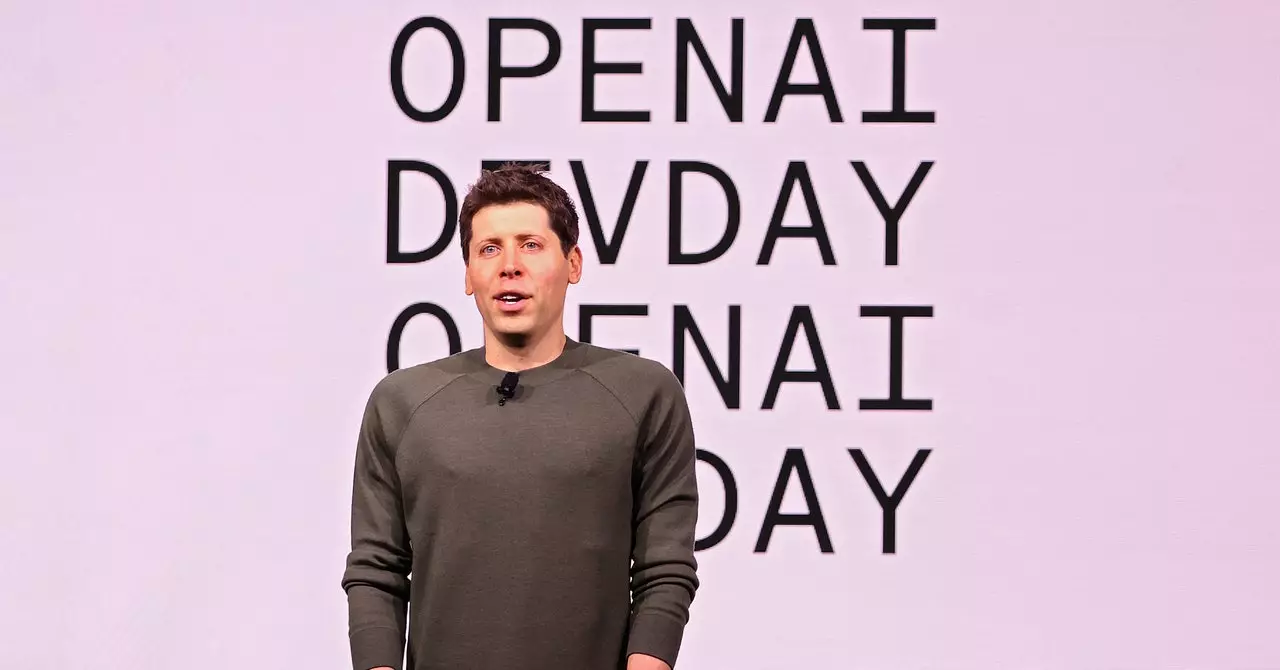Condé Nast recently entered into a multi-year agreement with OpenAI, granting the AI company access to content from a wide range of media properties including prestigious publications like Vogue, Vanity Fair, and WIRED. This partnership will enable OpenAI to utilize stories from these outlets in both ChatGPT and the new SearchGPT prototype. The CEO of Condé Nast, Roger Lynch, emphasized the importance of embracing new technologies while ensuring proper attribution and compensation for the use of intellectual property.
Lynch highlighted the challenges faced by the publishing industry, particularly attributing the struggles to technological advancements that have made it difficult for traditional publishers to monetize their content. The increasing dominance of technology companies and changes to search algorithms have significantly impacted the revenue streams of media companies. The partnership with OpenAI is viewed as a step towards offsetting some of the revenue losses and safeguarding investments in journalism and creative pursuits.
Despite the potential benefits of the collaboration, concerns have been raised regarding transparency and the impact of AI technologies on journalism. The President of the NewsGuild of New York, Susan DeCarava, called for transparency from Condé Nast management regarding the implementation of AI technologies and its implications for the workforce. There is a growing apprehension among editorial employees about the encroachment of AI in journalism and the potential effects on their work.
The partnership between Condé Nast and OpenAI is not an isolated case in the media industry. Several publishers, including The Atlantic, Axel Springer, and TIME, have already formed alliances with generative AI companies. Platforms like Reddit and Automattic have also established partnerships to leverage AI technologies for content creation and distribution. The prevailing trend indicates a shift towards collaboration with AI entities despite previous legal disputes over data scraping practices.
The growing reliance on AI for content generation raises ethical and legal questions surrounding intellectual property rights and data usage. Traditional publishers are faced with the dilemma of balancing visibility in search engines with safeguarding their copyrighted materials. Instances of AI companies scraping content without permission have led to legal battles and calls for greater accountability in the industry. Publishers must navigate the evolving landscape of AI integration while upholding the integrity of journalistic practices.
Despite the potential advantages of AI partnerships, employees within Condé Nast have expressed reservations about contributing to the development of tools that may propagate misinformation. Concerns have been raised about undermining the credibility of journalistic work and devaluing the expertise accumulated over years within the industry. The sentiments reflect a broader apprehension among media professionals regarding the ethical implications of AI collaborations.
The collaboration between media companies and AI giants like OpenAI signifies a pivotal moment in the evolution of journalism and content creation. While the partnerships offer opportunities for innovation and audience engagement, they also raise crucial questions about transparency, intellectual property rights, and the ethical considerations of AI implementation in media. As the industry grapples with the complexities of technological advancements, a balanced approach that prioritizes integrity, accountability, and the preservation of journalistic standards is essential to navigate the transformative impact of AI partnerships.

